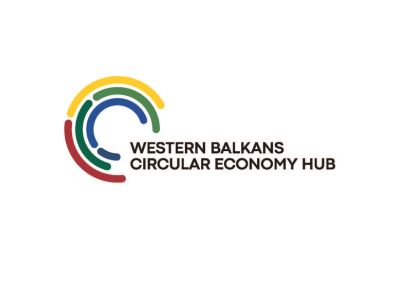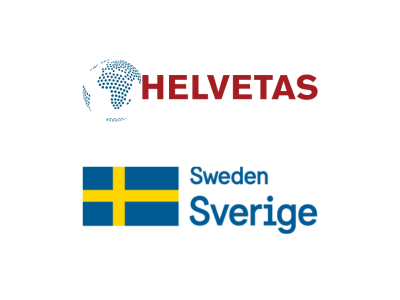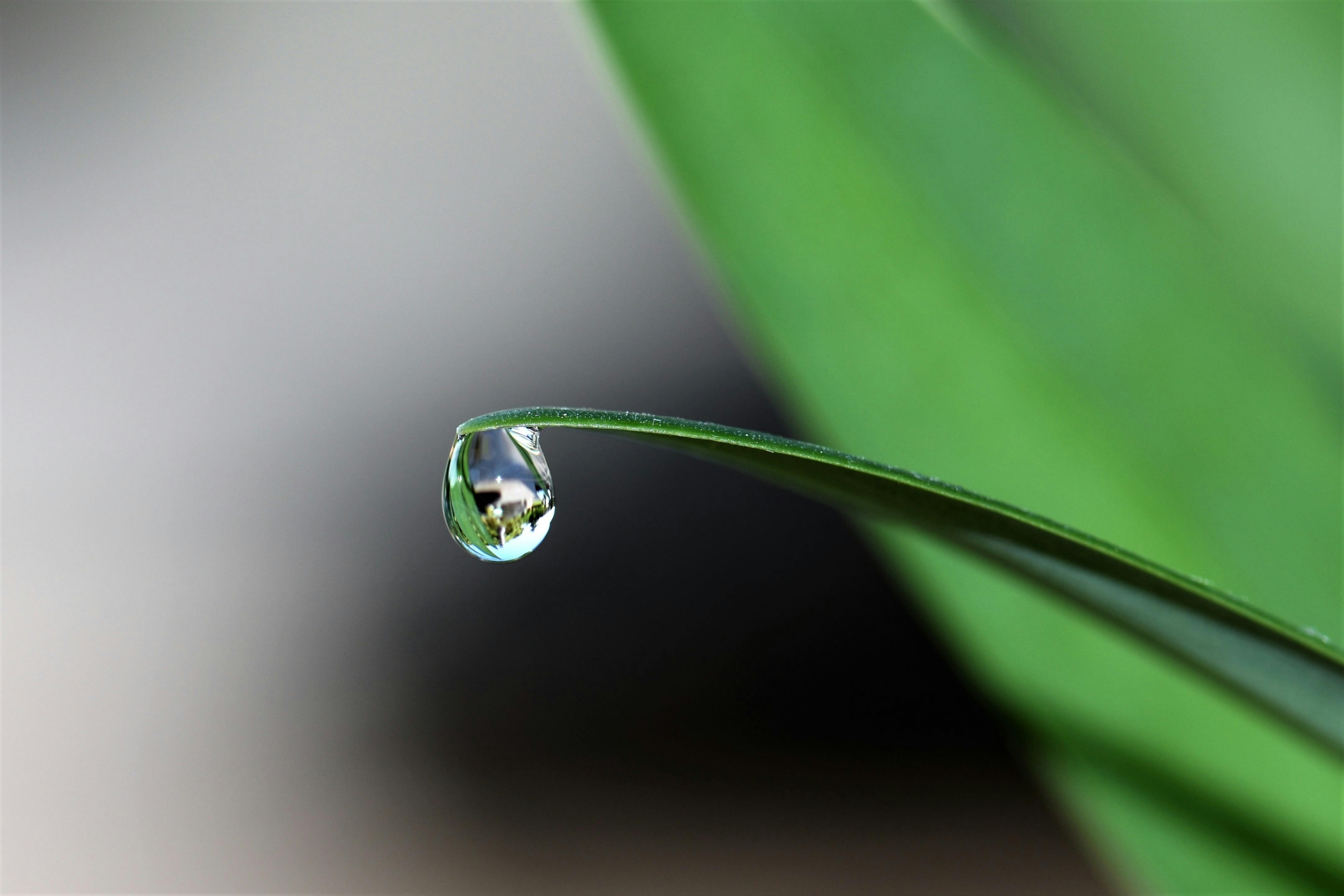The Western Balkans (WB) faces urgent environmental and economic challenges — from rising air, water, and soil pollution to biodiversity loss and unsustainable resource use. Globally, circularity is also in decline: the use of secondary raw materials has dropped from 9.1% in 2018 to just 7.2% in 2023.
In the WB region, demand for raw materials remains high, while the transition to sustainable systems is hindered by underdeveloped infrastructure, limited data, and fragmented national efforts.
At the same time, WB countries are increasingly expected to align with EU sustainability frameworks, especially the Green Agenda for the Western Balkans, where the circular economy (CE) is one of five central pillars. Although most countries have developed national circular economy roadmaps — and some even host digital CE platforms via their chambers of commerce — a broader, coordinated regional approach is still missing.
The Western Balkans Circular Economy Hub (WBCEH) was created in response to growing environmental challenges and the urgent need to transition away from a linear economy.
It is envisioned as a focal point connecting stakeholders across the six Western Balkan countries, consolidating national-level efforts, and promoting collaboration, knowledge exchange, and innovation on a regional scale. By doing so, the WBCE Hub helps accelerate the transition to a circular economy, creating shared value for businesses, institutions, and communities across the region.
The 2-years project is co-funded by the Institute for Research in Environment, Civil Engineering and Energy (IECE) and the RECONOMY programme, and implemented by IECE.
WBCE Hub will offer a wide range of activities aimed to improve the knowledge and skills to thrive within the circular economy framework mainly for three target groups – youth, women and companies. The following activities are planned, but not limited to:
Digital Platform – A central online platform will be created to offer resources, tools, online courses, as well as events and news from the field across the region.
Training & Capacity Building – The Hub will deliver workshops, seminars, and online courses to equip stakeholders with circular economy knowledge and skills.
Networking & Collaboration – Through events and matchmaking formats, the Hub will connect businesses, institutions, and experts to exchange experiences and foster partnerships.
Information Dissemination – Regular updates, case studies, and expert content will keep members informed and inspired to take action.
Access to Finance – The Hub will promote funding opportunities and build bridges between financial institutions and circular businesses.
Advisory Services – Companies will receive tailored guidance to overcome challenges and transition toward circular business models more effectively.
Mentorship & Support – The Hub will match businesses with experienced mentors to help them implement circular strategies and scale impact.
Youth Innovation Labs – Young people will participate in hackathons and hands-on events to develop real-world solutions and lead the circular transition.
Showcasing Leaders – Through initiatives like the Circular Economy Awards and 100 Best Circular Practices from the WB region, the Hub will highlight successful circular practices and raise awareness.
Policy & Advocacy – The Hub will support the development of evidence-based policies, pilot projects, and position papers to advance the circular agenda.
Partners
Coordinated by: Institute for Research in Environment, Civil Engineering and Energy (IECE)
Co-funded by: IECE and RECONOMY*
* RECONOMY is an inclusive and green economic development program of the Swedish
International Development Cooperation Agency (Sida), implemented by HELVETAS Swiss
Intercooperation in the Eastern Partnership and the Western Balkan countries.
Other partners:
- Chamber of Commerce and Industry of Serbia – http://www.pks.rs
- Foreign Trade Chamber of Bosnia and Herzegovina – https://komorabih.ba/
- Chamber of Economy of Montenegro – http://www.komora.me
- Chamber of Commerce and Industry of Republic of Srpska – http://www.komorars.ba
- Chamber of Commerce & Industry Tirana – https://www.cci.al
- Kosova Chamber of Commerce – https://oek-kcc.org/
- Small Business Chamber – https://www.sbch.org.mk/
- Introduction to Circular Economy
- Circular Economy in Construction
- Innovation Capital Toward Circularity
- From Knowledge to Impact: Intellectual Capital in the Circular Economy
- System and Design Thinking for Sustainable Transformations – Creating Frame Innovation
- Circular Economy Business Models
- Circular Economy Strategies
- Circular Economy Leadership
- Circular Economy in Waste Management
Implementation period
November 2024 - December 2026
Project keywords
Circular economyRegional collaborationSMEsWestern BalkansWomenYouth





